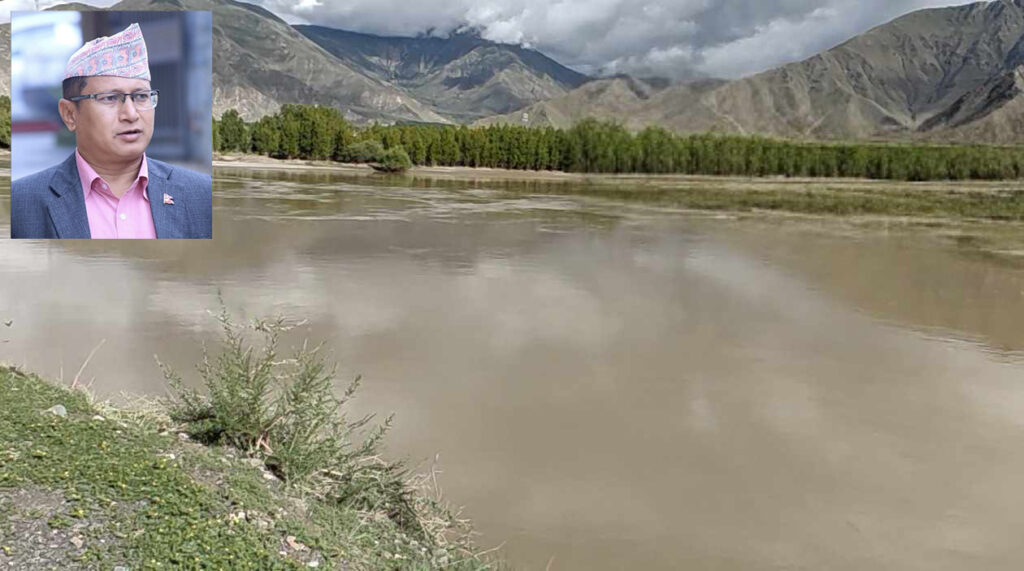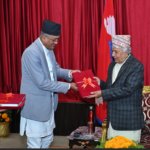By Prem Sagar Poudel
Voices of protest have started to be heard not only in India but also in Nepal regarding the matter of the hydroelectric project that China has started to build on the Yarlung Tsangpo River in Tibet. The Yarlung Tsangpo River, known as the Brahmaputra in India and the Jamuna in Bangladesh, does not fall within the Nepal basin. Even though Nepal belongs to the Gandak basin, those who work in favor of the US in Nepal are seen to be against this project. On the other hand, the interests of those working in favor of India are linked to Indian concerns.
With China, it seems that India has concerns and interests that the upper coastal areas should take care of the interests of the lower coastal areas. It is only a matter of showing that India is concerned about the impact of the project’s dam. Looking deeper than this, India is more worried about whether China will take the water of Brahmaputra, which is an important source of water in India, elsewhere. India still lacks clean drinking water. For a long time, India has not wanted to advance the Mahakali Treaty with Nepal to meet the shortage of drinking water supply.
Nepal’s Finance Minister Bishnu Paudel is leading the project from Kali Gandaki, another river of Nepal, to the water flowing in Bihar to divert and take it to Uttar Pradesh. Under this project, it is said that water from Kali Gandaki will be poured into the Triveni River and irrigated in Rupandehi and Kapilvastu. Due to increasing urbanization in this region of Nepal, the need for irrigation is decreasing. China’s latest decision has given India, which has exclusively secured the right to use Nepal’s rivers, a headache. It seems that Bangladesh is also in this headache. It seems that Bangladesh is likely to be affected more than the Yarlung Tsangpo hydropower project due to river-linking projects that India is pushing ahead with inside.
The Westerners, especially the Americans, stand against this project and want to bring India under their sphere of influence, while during the construction of the project, they are looking for a way to enter Tibet by raising the issue of Tibetans’ human rights violations. With the reveal of this project, the Western is trying to accuse China of affecting the Buddhist heritage of the Himalayan region in Tibet. They also think that India, which is getting closer to China, can be taken away from China again by this topic. This project will not affect Nepal. However, there is a debate about it in Nepal.



